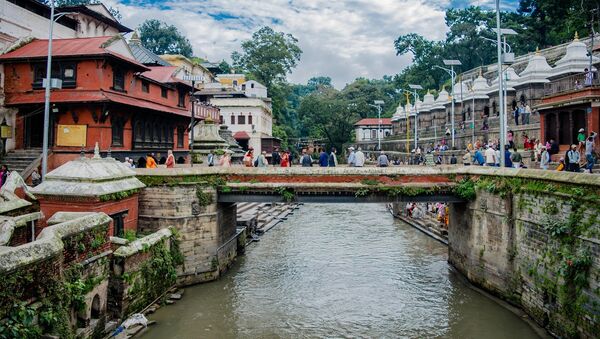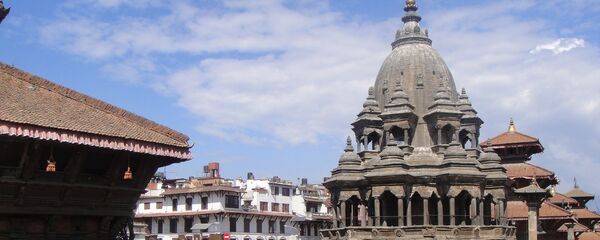The controversy over Doklam — a tri-junction between India, China and Bhutan, began in mid-June this year when Indian troops stopped troops of China's People Liberation Army from constructing a road in the region.
The pressure has added to the atmospherics around the planning of Prime Deuba’s upcoming visit to New Delhi. The standoff between India and China is of immense concern for Nepal as it aims to develop itself into a vibrant ‘economic bridge’ between the two Asian giants through the Lipulekh tri-junction which has been used since ancient times for trade by Nepal, India and Tibet.
The Nepalese Prime Minister’s India visit will be preceded by India’s External Affairs Minister Sushma Swaraj’s stay in Kathmandu to participate in the 15th meeting of foreign ministers of the BIMSTEC (Bay of Bengal Initiative for Multi-Sectoral Technical and Economic Cooperation) on August 10.
India has already announced that Swaraj will have multiple bilateral meetings on the sidelines of the summit, according to Gopal Bagalay, Spokesperson, India’s Ministry of External Affairs.
Meanwhile, Kathmandu will host Chinese Vice Premier Wang Yang on August 14, ahead of the bilateral meetings between India and Nepal. Considered as an expert on south Asian affairs in Beijing’s establishment, Yang has taken multiple visits to the region in the last few years. According to local reports, China's deputy chief of mission recently met his counterpart from Nepal in New Delhi during which China's stand on the Doklam issue was discussed.
Nevertheless, Indian experts say that despite lingering differences on certain issues, India and Nepal are bonded in a multi-layered relationship and that it is highly unlikely for Nepal to act against Indian interest in the region.
“Traditionally, Nepal has adopted a neutral approach in the India — Pakistan conflict and there is no reason to believe that they will not continue the same between India and China as well. There are political disagreements between India and Nepal, because New Delhi supports the rights of Madhesis (demanding more representation in the governing bodies and re-demarcation of state boundaries), but the bilateral relationship is intertwined in multiple layers. Not just the virtually free movement of the people on both sides of the border, but there is also a significant presence of ethnic diaspora on both sides with strong cultural and societal ties. Nepalese population has significant presence in the Siliguri Corridor, which India is trying to protect, by creating a greater buffer between its border and China,” Dr Smruti Pattanaik, Research Fellow at the New Delhi-based Institute for Defence Studies and Analyses, told Sputnik.
The Doklam standoff has been confined to verbal confrontation between the two Asian rivals so far. However, there are signs of escalation as both sides have refused to back down from their respective positions. China’s state-run Global Times recently published an article warning of potential "small-scale operations" in Doklam plateau in about two weeks' time to drive away Indian presence. India, for its part, has refused to acknowledge war with China as an option but has also turned down China’s demand for troop withdrawal.




